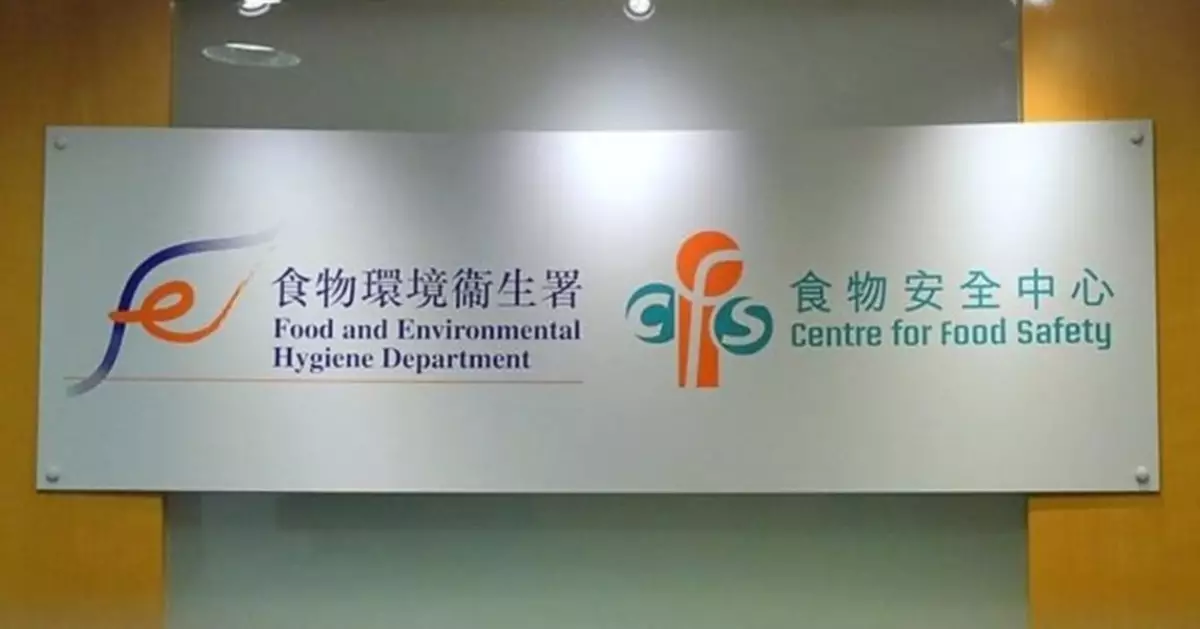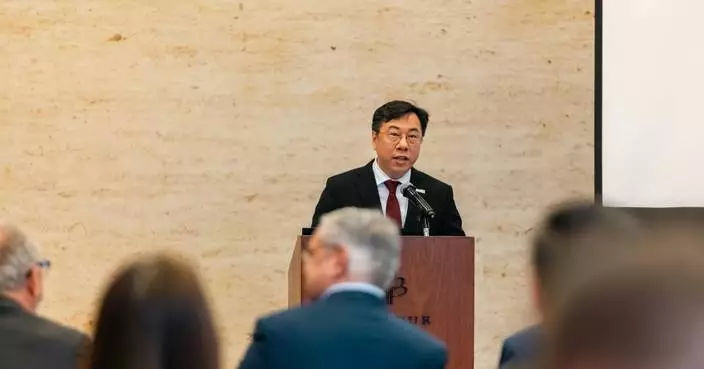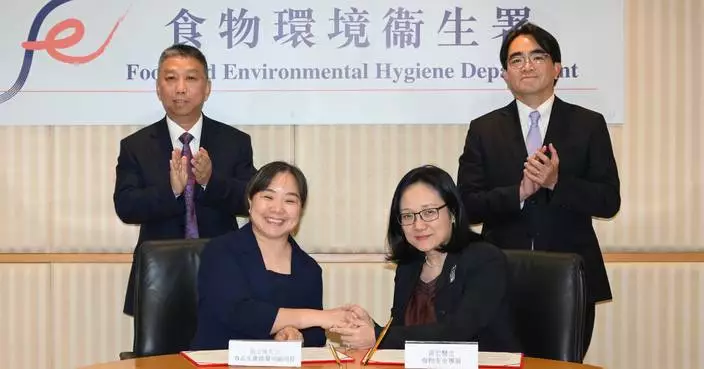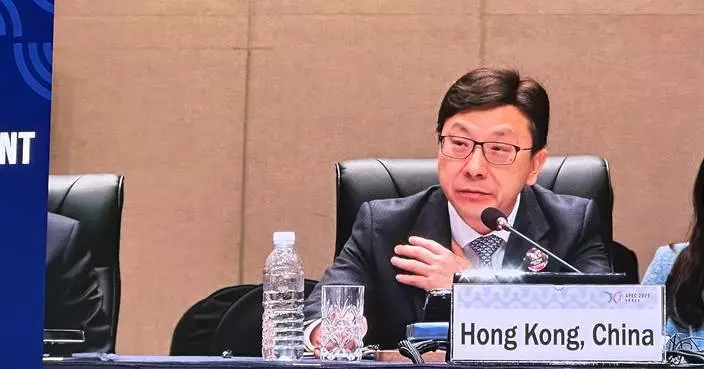CFS finds Salmonella in sample of prepackaged salad
The Centre for Food Safety (CFS) of the Food and Environmental Hygiene Department announced today (August 8) that a sample of prepackaged roasted portobello mushroom and sweet potato vegan box was found to contain a pathogen, Salmonella. The CFS is following up on the case.
"The CFS collected the above-mentioned sample from a retail outlet in Mong Kok for testing under its routine Food Surveillance Programme. The test result showed the presence of Salmonella in 25 grams of the sample, exceeding the criterion of the Microbiological Guidelines for Food which states that Salmonella should not be detected in 25g of a ready-to-eat food sample," a spokesman for the CFS said.
The CFS has informed the vendor and food factory concerned of the above irregularity and instructed them to stop selling the food item concerned immediately. The CFS has also inspected the food premises and the food factory concerned, provided health education on food safety and hygiene to the person-in-charge and staff, and requested the food factory to review and improve its food production process and carry out a thorough cleaning and disinfection.
According to section 54 of the Public Health and Municipal Services Ordinance (Cap. 132), all food available for sale in Hong Kong, locally produced or imported, should be fit for human consumption. An offender is subject to a maximum fine of $50,000 and imprisonment for six months upon conviction.
"Salmonella infection may cause fever and gastrointestinal upset such as vomiting, abdominal pain and diarrhoea. The effects on infants, young children, the elderly and people with a weak immune system could be more severe and may even lead to death," the spokesman said.
The CFS will continue to follow up on the incident and take appropriate action to safeguard food safety and public health. An investigation is ongoing.
Remarks by SJ and S for S after joint meeting of Panel on Security and Panel on Administration of Justice and Legal Services
Following are the remarks by the Secretary for Justice, Mr Paul Lam, SC, and the Secretary for Security, Mr Tang Ping-keung, at a media session after attending a joint meeting of the Panel on Security and the Panel on Administration of Justice and Legal Services this afternoon (May 12):
Reporter: The first question is regarding the timing of the Security Law. It was passed five years ago, and the (Article) 55 had never been used. Why does the Government choose this time to push this subsidiary bill? Is it related to ongoing trade wars or ongoing or future court cases regarding the Security Law? The second question was asked before. It's about the time frame of the bill. It was mentioned that it will be done as soon as possible, but is there an exact time frame for the whole bill? And are there any future arrangements to plug the current loophole in the Security Law?
Secretary for Justice: Your first question concerned why we pick this point of time to make subsidiary legislation pursuant to the Safeguarding National Security Ordinance. I think the answer is twofold. Firstly, as a matter of principle, it's very important for us to bear in mind that the Hong Kong SAR (Special Administrative Region) is under a constitutional duty to refine and perfect our national security legal system as well as its enforcement mechanism. And it has to be emphasised that this is a continuing duty. And in the light of the nature of this duty, it goes without saying that this important duty ought to be discharged as soon as possible.
The second point is that as a matter of practice, there's no doubt whatsoever that in the light of the very complicated geopolitical situation in the world, and having regard to actual hostile actions taken by some foreign countries against China and also Hong Kong, there's plainly a need to ensure that our national security legal system will be perfected and will be put in place so that we can be in a position to address all present and potential national security risks in an effective and proper manner.
As to exactly when the subsidiary legislation will come into existence, as we said, we will do so, in particular after hearing opinions and advice raised by members of the Legislative Council. We will try to complete our task as soon as possible. We will definitely let the public know once in a position to do so. And lastly, as to your last point, since we are under a continuing duty to refine and perfect our national security legal system, it must mean that we have to review the legal regime continuously. So in future, whenever we see the need to do so, we will definitely consider the possibility of making subsidiary legislation or to improve our system by whatever means within the boundary of the law.
(Please also refer to the Chinese portion of the remarks.)




















































